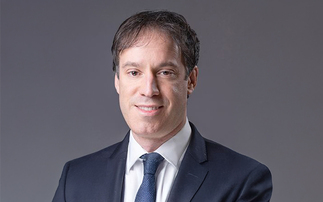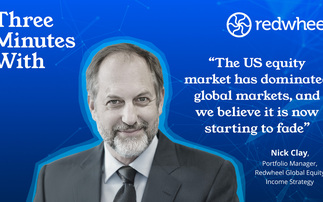Victoria Hasler, Director, Research and Consulting, Square Mile Investment Consulting and Research, explains how ESG investing has evolved to become a central part of investment portfolios
Conscious consumerism is gaining significant momentum. Plastic-free lifestyles, the Extinction Rebellion movement and an increased sensitivity to diversity are all manifestations of a growing public awareness of the impact of individual actions on the broader community. This desire to improve society is extending to all areas of personal life choices and investment is no exception.
Environmental, Social and Governance (ESG) considerations are no longer alien to the investment industry - indeed they are increasingly at the centre of discussions among asset managers, advisers and wealth managers and investors alike. The fund management industry is responding to this growing public demand, something which is reflected in the proliferation of funds that adopt an ESG approach. It seems an ESG investment strategy is launched on a near daily basis with one figure suggesting that the number of ESG funds available for sale in the UK has increased tenfold in the last 20 years. Admittedly, assets under management across such strategies still remain relatively low. However, flows into ESG funds are picking up steadily, and growth in assets under management is surprisingly fast, albeit from a low base.
Ethical investing is not a new phenomenon: Friends Provident launched the first UK mainstream ethical fund in 1984. It was quickly dubbed the ‘Brazil fund' with detractors saying that you would have to be nuts to invest in it due to the drain on performance its ESG restrictions were said to have. 35 years later, and these initial detractors are far outnumbered by those who point to evidence that you do not need to surrender returns by embracing a responsible approach to investment. ESG investing has clearly enjoyed a significant reversal of reputation.
Cutting through the confusion
The recent proliferation of new strategies has perhaps had an inevitable consequence: investor confusion. The lexicon of responsible investing is large with terms such as ethical, ESG, sustainable and impact used almost interchangeably by many fund managers, advisers and investors. This is compounded by the fact that there can be a significant divergence in the way asset managers define what ESG means to them, with each frequently adopting individual nuances. In recognition of this, the IA launched an industry-wide consultation on sustainability and responsible investment in January of this year. It seeks to devise standard definitions for the various approaches to sustainable investment to include terms such as ESG integration, impact investing, and negative screening. The results of this consultation will, it is hoped, bring much needed clarity to the market which in turn will help investors make informed decisions on the investment choices they take.
Click here to read more from Square Mile Investment Consulting and learn how ESG investing is evolving











